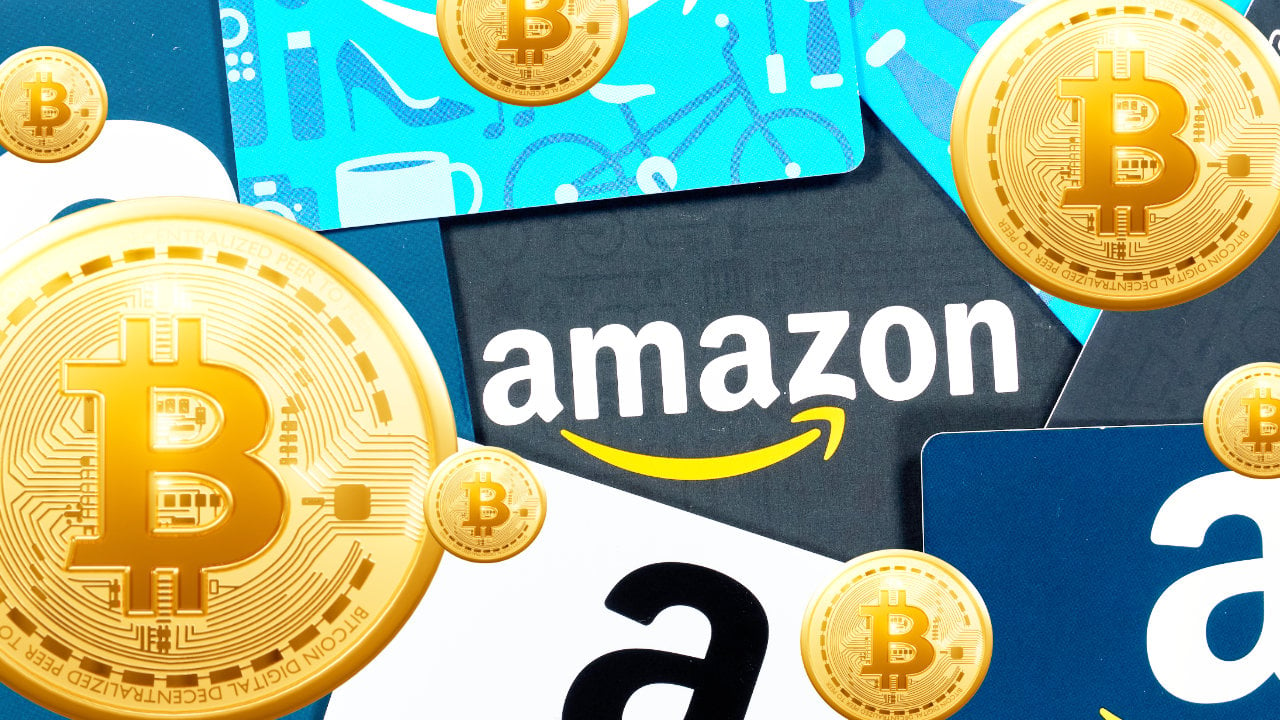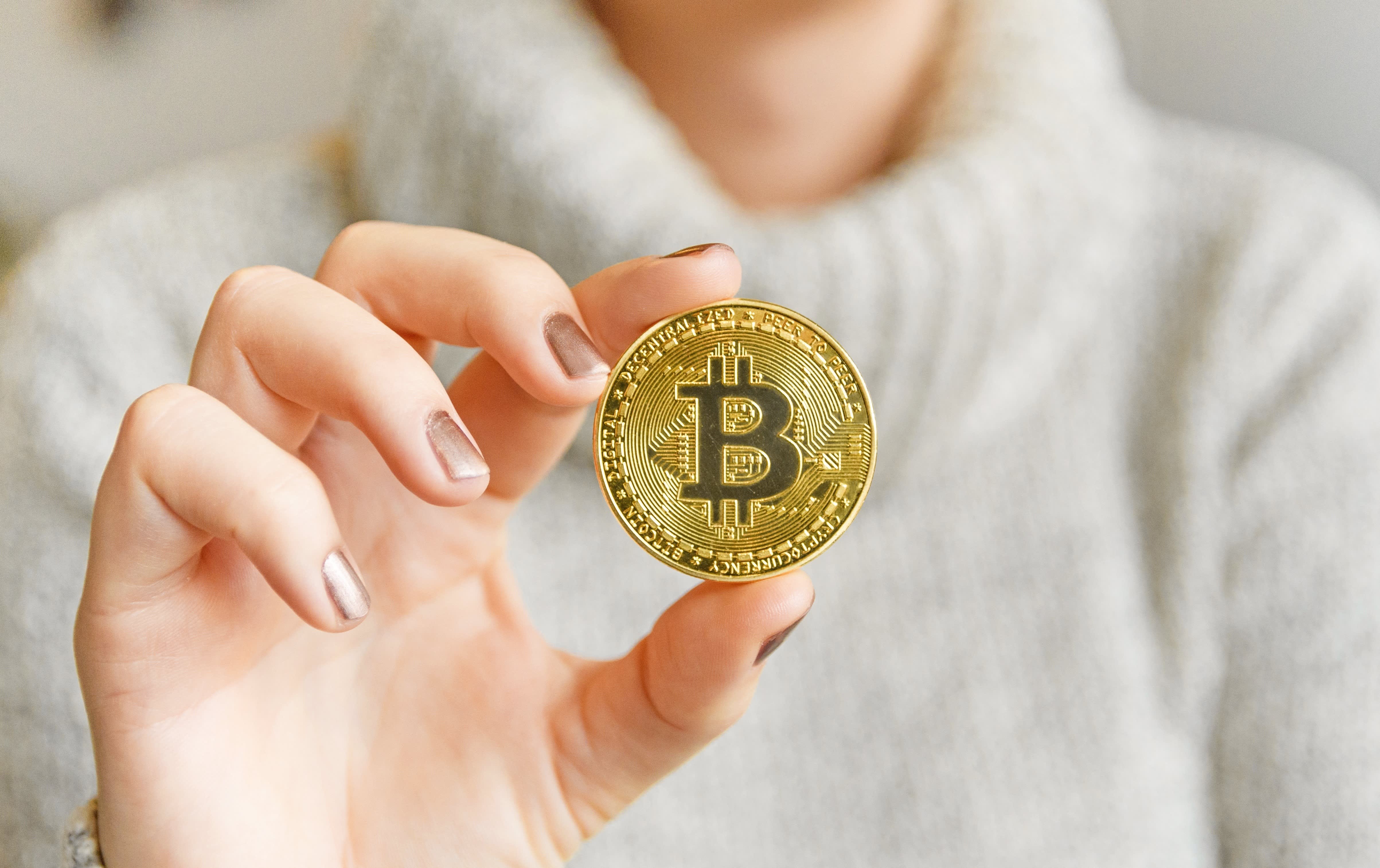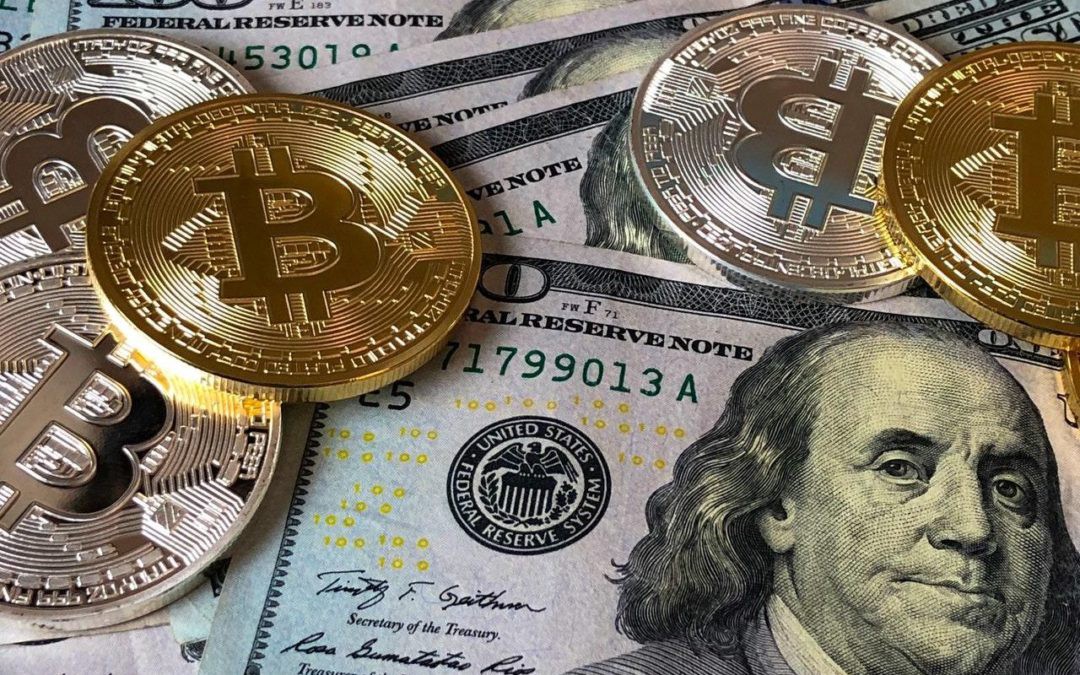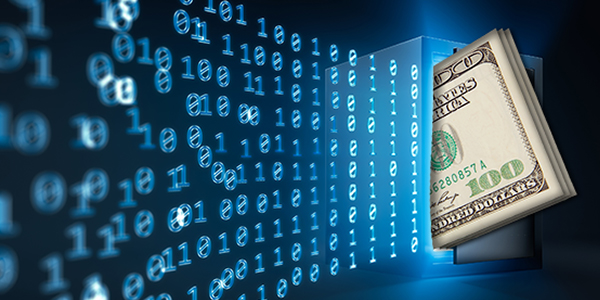
Nobody can predict the future. As someone who often talks about the future and future technology, I like to belabor that. It’s an important disclaimer because if the future were that easy to predict, then there would be no need for lotteries, fantsy sports, or the stock market.
It’s like my old political science professor once told me in college. Nobody knows anything. He said that in the context of a lesson about politics, but I think it also applies to many other fields. Technology, economics, and finance are definitely among them.
I’m certainly no expert in any of those fields. I like writing and telling sexy stories about technology. I’m not the least bit qualified to make informed predictions about it or any related subjects. I’m not dumb, but my expertise is limited to comics, sexy short stories, and football stats.
Having gotten that out of the way, I’d like to give a brief layman’s opinion about cryptocurrencies. I know that’s a chaotic subject, at the moment. The recent rise of multiple cryptocurrencies has made headlines, albeit for absurd reasons at times. However, I think it’s safe to say that this is not another passing internet fad in the mold of planking.
This technology has real value.
This technology is changing the world.
This technology will likely continue to evolve and improve with time.
I say this as someone who has followed the news surrounding cryptocurrencies for years. I also say that as someone who recently purchased his first stash of Bitcoins. As of this moment, I only have a few hundred bucks in my Bitcoin wallet. I’ve also seen the value fluctuate significantly. I’ve even had a chance to spend them, which was surprisingly smooth.
After this experience, I wouldn’t call myself a full-fledged Bitcoin enthusiast. I’m not planning to invest all my money into Bitcoins anytime soon. However, I genuinely believe this technology has great value. I also believe it’ll become an integral part of our future, with respect to finance and the economy.
At the same time, I can’t help but note its limits. I’ve even highlighted a few of them before. Bitcoin has many benefits, but I think its value is somewhat skewed because it just happens to be the biggest in terms of market cap, as well as the most well-known cryptocurrency.
When most people think cryptocurrencies, the first thing they think of is Bitcoin. That gives it a huge benefit over other cryptocurrencies, of which there are many. That benefit is likely to fuel its value for years to come.
However, having used it and followed the growth of cryptocurrencies more closely in recent years, I do not believe it’s the most valuable cryptocurrency on the market. I also don’t think that Bitcoin, in its current form, will succeed beyond a certain point.
Many people compare Bitcoin to digital gold and I think that’s a fairly apt comparison. Bitcoin, like real gold, is mostly a store of value. That’s what it was designed to be and, for the most part, it fulfills that purpose well. A bar of gold and a stash of Bitcoins will function in primarily the same way.
In terms of value and utility, though, that’s where I think Bitcoin falls short. Even gold has more uses beyond being a store of value. I think if cryptocurrencies are to achieve more than just functioning as digital money, they need to do more.
For that reason, I believe Ethereum, the second-most popular cryptocurrency in terms of market value, may have more value in the long run. It’s not a meme currency like Dogecoin. The technology behind Ethereum actually makes use of the features that have made Bitcoin so valuable.
For those not familiar with Ethereum, it’s a cryptocurrency that’s similar to Bitcoin in many ways. It also uses blockchain technology to create a digital store of value. It has been operating since 2015 and has grown considerably in recent years. What sets it apart, though, is its ability to be programmed.
Whereas Bitcoin is mostly raw math and data, Ethereum is more like an operating system or a programming language. With it, users can create smart contracts, which are essentially digital contracts that are self-enforcing. That means no middleman or lawyers are needed to enforce a signed agreement.
For anyone who has ever had to deal with lawyers or contracts, it’s hard to overstate the value of such a feature. Since many contracts already involve money, Ethereum essentially tightens that connection. In the same way Bitcoin allows people to be their own bank, Ethereum allows them to be their own legal team.
In a world that has only become more connected and digitized, especially after a global pandemic, there’s considerable utility in that. I would argue that utility will make Ethereum more useful than Bitcoin in the long run.
That’s not to say it’ll eventually usurp Bitcoin or all other cryptocurrencies. I think Bitcoin will always benefit from the first, as well as the most well-known. I just think that benefit will only take it so far. Gold is useful, but it’s not nearly as useful as electricity, oil, or even steel. Those assets have tangible, measurable utility. Ethereum offers that on top of being a store of value.
Now, at the moment, smart contracts and other programs run on Ethereum aren’t exactly mainstream. That’s to be expected. This technology is still relatively new. People aren’t quite sure what to do with it yet.
Then again, the same could’ve been said back in the mid-2000s when smartphones came out. It took a while for developers and entrepreneurs to create the kinds of applications that would go onto make billions. It wasn’t just one app or one use. The phones were just a platform. The value came once people started building things atop that foundation.
With Bitcoin, there’s not much of a foundation. Its only app is as a store of value. That’s akin to a flip-phone, which can only make phone calls and store numbers. Granted, even flip phones still have utility, but they’ll never be able to do what a basic smartphone can do.
I don’t pretend to know what sort of applications or programs Ethereum could help create. It’ll probably take more than one for it to truly show its value. I also don’t pretend to know when those sorts of applications or programs will come along. The potential is there. It’s up to people far smarter and more ambitious than most of us to realize it.
I could still be dead wrong about this. Given the malleable nature of cryptocurrencies, it may be the case that Bitcoin eventually gains the same function as Ethereum. For all I know, an entirely new cryptocurrency could emerge that’s better and more valuable than any created to date. That’s entirely possible. Like I said, nobody knows anything about what the future will hold. We just know we’re creating some incredibly valuable tools with cryptocurrencies. We just haven’t figured out how to maximize their value. One day, we will and we’ll all be richer because of it.
















